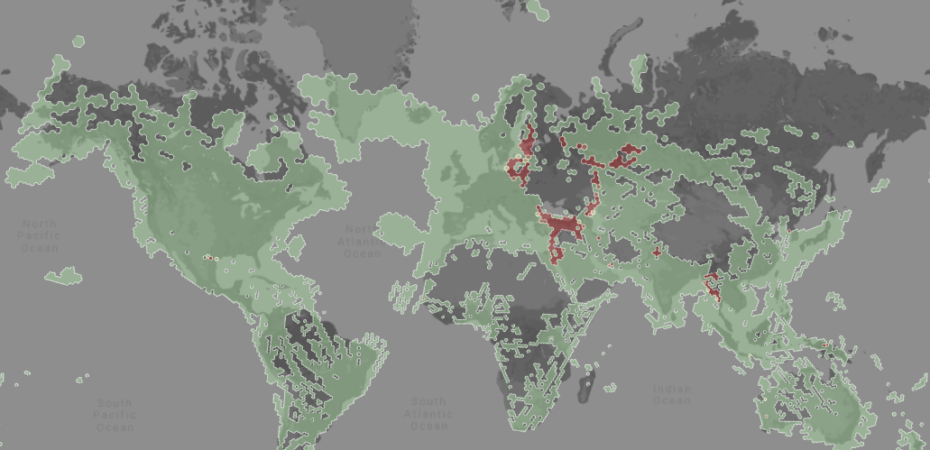GPS reliability is under fire as the threat of interference attacks, including jamming and spoofing, is growing due to a number of geopolitical conditions. GPS jamming and spoofing is becoming more common as jamming capabilities are more readily available and easy to implement, even by civilians, despite laws forbidding the use of such technology. Targeted attacks against GPS systems can have ripple effects in economic systems, power grids, aviation, and emergency services. The U.S. lacks a real-time, accurate GPS jamming detection system, which is considered a shortcoming in national security. Current detection methods include high-altitude platforms, satellite systems, and ground-based sensors, each with their own unique limitations that result in an incomplete picture of active attacks. Each system has difficulty detecting attacks that target other regions, i.e. high-altitude sensors have difficulty detecting attacked targeted ground or low-altitude systems, while ground sensors have limited range. Outage maps are often either inaccurate or latent due to the limited data available for processing, resulting in significant security gaps. The author proposes using data from smartphones as a global distributed sensor network for detecting GPS/GNSS interference. Allegedly, sophisticated algorithms could aggregate data in an area to identify signal anomalies as indicators of compromise, and even potentially geolocate the jamming or spoofing emitter, which would be critical in deploying countermeasures. It would also help to determine the area of effect based on coordinates and altitude to determine the target(s). While this is just a proposal, ultimately, the U.S. does need to consider improvements to GPS interference detection and adopt a unified approach to establish a robust defense grid that can supplement the reliability of GPS.
The absence of a centralized GPS jamming detection system leaves critical infrastructure exposed to cyber threats from a variety of potential sources. Developing such a system would provide real-time insights into disruptions that threaten the grid, aviation systems, emergency systems, etc. and enable faster responses and more targeted mitigation strategies. The heavy reliance placed upon GPS by so many different systems and sectors means that it is a valuable target. While jamming or spoofing is not inherently destructive to the system, it does affect the real targets. Jamming and spoofing that go undetected, or inaccurately detected, could even result in threat actors and adversaries successfully obfuscating their activities, giving them an advantage by hiding or falsifying their location. Implementing a robust solution to GPS threat detection would also provide defense for current detection systems, which could be targets themselves for attackers to further ensure a successful and undetected attack. Establishing a multilayered approach would improve the cybersecurity posture of the whole system. Using smartphone data seems like a potentially highly effective and incomparably low-cost solution to this threat. Having active sensors all over the country that already passively produce data could be easily leveraged by simply implementing a solution to ingest and process the data. However, this could also have its own security implications worth considering, as well as political issues, most of all being potential threat to privacy. However, aggregating anonymous data is possible while still being useful, so the implemented solution would have to be sensitive to such considerations if avoiding privacy concerns would be a requirement. It is also important to consider that this initiative would necessitate robust cybersecurity measures to prevent the detection system itself from being a target for malicious actors. In fairness, having a distributed national network of smartphones aggregating data would drastically increase the difficulty of targeting such a detection system.
Gorman, Sean. “The Urgent Need for a National GPS Jamming Detection System.” SpaceNews, 27 Nov. 2024, https://spacenews.com/the-urgent-need-for-a-national-gps-jamming-detection-system/.
